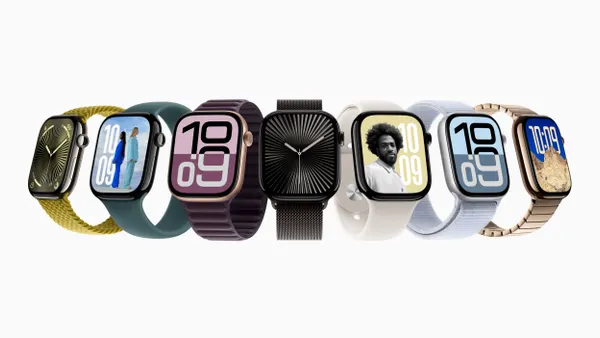Dive Brief:
-
The low cost of app development compared to traditional medical devices is set to fuel ongoing medtech investor interest in healthcare software, analysts at GlobalData said in a new report.
-
That lower barrier to entry may encourage innovators to stick with the sector despite changing regulations and concerns about data security.
-
While many of these products are being developed in the U.S. and Europe, analysts said emerging markets could be poised to take advantage of app-based services.
Dive Insight:
The scope for using apps to treat and diagnose diseases and streamline healthcare processes is broader than ever. Just this week, FDA formally classified software applications for contraception as Class II devices, following the August 2018 De Novo clearance of the Natural Cycles app. Proliferation continues for apps integrated with wearables or chronic disease management tools like continuous glucose monitors in the case of diabetes.
Through programs like Pre-Cert, FDA is seeking to provide certainty to medical app developers and avoid stifling innovation through overly-burdensome oversight. But, even so, the changing global regulatory environment is a possible headwind for the health apps sector. Regulators in Australia have detailed plans to significantly increase regulatory oversight of Software as a Medical Device amid concerns its current rules fail to reflect the risks they pose. GlobalData also highlights reliability and data security as challenges to the sector.
The willingness of startups and venture capitalists to remain committed to medical apps in the face of these challenges is testament to the lure of the sector. As GlobalData notes, the upfront costs of software companies are minimal compared to those of traditional medical device companies.
Many of these apps are developed by companies in the U.S. and Western Europe for patients and healthcare professionals in those established markets. However, as Zebra Medical Vision and other image analysis startups have identified, the potential for software to eliminate capacity constraints and expand access to healthcare mean it has particular potential in emerging markets.
“Apps that can provide routine healthcare services, in conjunction with an online physician, to regions of the world that lack healthcare facilities are going to push the market forward. Apps will provide medical services anywhere in the world with Wi-Fi,” Hanuel Park, medical devices analyst at GlobalData, said in a statement.
More broadly, Rock Health analysts reported in February digital health may have hit its peak investment cycle, but that despite record growth, the space does not represent an "investment bubble."












